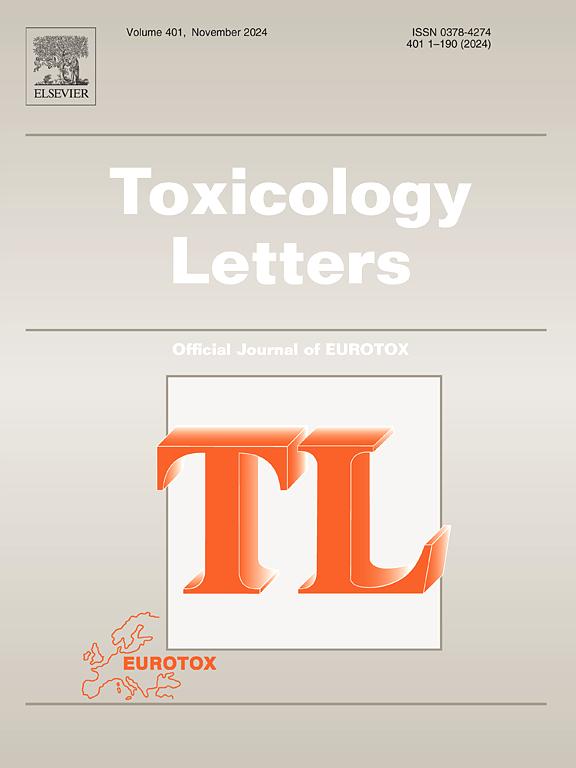CEC04-05 Feasability of quality criteria and tentative assessment tools to align with artificial intelligence
IF 2.9
3区 医学
Q2 TOXICOLOGY
引用次数: 0
Abstract
Artificial Intelligence (AI) tools are the emerging technology that is on everyone's lips nowadays – AI chat bots manage customer support, ChatGPT summarises long texts, Copilot assists with programming … But are these tools also capable enough to be of use in science in general and regulatory toxicology in particular? Could AI also help with the critical appraisal of toxicokinetic studies?
The session will provide an overview on AI in the broader sense, on possible applications, and related challenges. It will also critically address concerns that arise from the use of this technology in scientific settings, such as ethical considerations, financial and ecologic costs, transparency and data protection as well as inherent biases.
The participants of the CEC will have the opportunity to test the (non-AI) tool developed by our group to assess the reliability of kinetic studies on two example publications during the practical exercise. After this session's talk, we will take an interactive look at one available AI tool to see how the tool performs with this same task on one of the example publications. Thus, participants will be able to directly compare their results with results generated by the AI tool and to gain first-hand experience of the advantages and disadvantages of using AI in the systematic evaluation of kinetic studies.
CEC04-05与人工智能相结合的质量标准和初步评估工具的可行性
人工智能(AI)工具是当今人人都在谈论的新兴技术——人工智能聊天机器人管理客户支持,ChatGPT总结长文本,Copilot协助编程……但这些工具是否也足以用于一般的科学,特别是监管毒理学?人工智能还能帮助对毒性动力学研究进行批判性评估吗?会议将从更广泛的意义上概述人工智能,可能的应用以及相关的挑战。它还将关键地解决在科学环境中使用这项技术所产生的关切,例如伦理考虑、财政和生态成本、透明度和数据保护以及固有偏见。CEC的参与者将有机会在实际练习中测试我们小组开发的(非人工智能)工具,以评估两份示例出版物的动力学研究的可靠性。在本次会议的演讲之后,我们将以交互式方式查看一个可用的人工智能工具,以了解该工具如何在一个示例出版物上执行相同的任务。因此,参与者将能够直接将他们的结果与AI工具产生的结果进行比较,并获得在动力学研究的系统评估中使用AI的优点和缺点的第一手经验。
本文章由计算机程序翻译,如有差异,请以英文原文为准。
求助全文
约1分钟内获得全文
求助全文
来源期刊

Toxicology letters
医学-毒理学
CiteScore
7.10
自引率
2.90%
发文量
897
审稿时长
33 days
期刊介绍:
An international journal for the rapid publication of novel reports on a range of aspects of toxicology, especially mechanisms of toxicity.
 求助内容:
求助内容: 应助结果提醒方式:
应助结果提醒方式:


